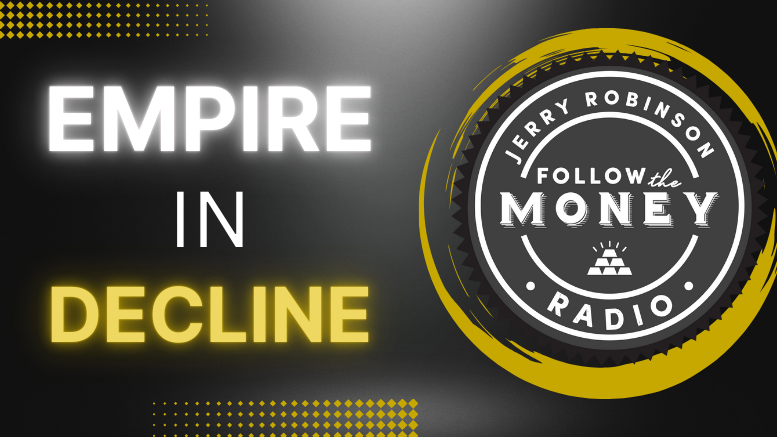by Eric Hammer and Jerry Robinson
TEL AVIV, Feb. 28 – The ball is currently in the Democrat’s court. That’s the consensus that the House of Representatives and Speaker of the House John Boehner have offered regarding a possible government shutdown.
This opinion was voiced after they offered up a six month temporary spending plan last week which cut $62 billion from the budget. The temporary spending plan, officially known as a “continuing resolution,” is required because Congress has yet to settle on a 2011 budget.
The Other Players
Senate Majority Leader Harry Reid has said he does not intend to allow such deep cuts in the federal budget and is instead pushing for a one month extended spending bill to keep the government afloat past March 4, the date when the current spending plan runs out and the government is set to shut down for lack of funds.
President Obama has expressed confidence that a compromise can be reached. However, he has stated that deep cuts are not acceptable and that he will veto any such spending bill if it passes through the Senate.
Will They Or Won’t They?
The burning question in Washington has become “will a government shutdown to take place?” To get a better picture what might happen, it helps to take a quick look back at a similar event that occurred in 1995.
The Last Government Shutdown
In what seems like an eerie repeat of today’s situation, Bill Clinton, a Democratic president, faced off against a newly elected and emboldened Speaker of the House, Newt Gingrich, leading a Republican majority. Like Rep. Boehner today, Gingrich insisted on deep spending cuts ultimately leading to a government shutdown.
In that confrontation, Gingrich is considered to have badly miscalculated his mandate by forcing the issue and causing a lot of pain for a lot of people. President Clinton, by comparison, came out of the experience with the appearance of a compromiser and went on to win his next election.
Eventually, both sides managed to find a compromise, but not before the economy was hurt and the country was thrown into turmoil, with most government services shutting down.
The Difference This Time Around
The biggest difference between then and now is the nation’s fragile economic situation. Today’s unemployment rate, at 9% is more than 2/3 higher than the 5.6% rate that President Clinton and Speaker Gingrich faced in 1995. Furthering complicating matters is the fear and uncertainty about the general U.S. economy with the stock market recently being rocked by the current Middle East Crisis. In essence, the economic picture today is much worse than it was then.
With the experience of the previous government shutdown still relatively fresh in the memories of a number of people, it seems likely that the three players in this current game of chicken will not continue without blinking.
No One Wants a Government Shutdown
This is in contrast to the 1995 Gingrich shutdown. Gingrich felt he had a strong enough mandate from the people to force a government shutdown in order to push his will onto the Democrats. Ultimately, that strategy backfired on him.
Given that Rep. Boehner is beginning to appear more willing to compromise, we’re predicting that a government shutdown will likely be averted with a last minute compromise, though a proper 2011 congressional budget could take much longer to be passed.
About FTMDaily.com
FTMDaily.com is a financial education and media company that seeks to help individuals understand how the global economy and geopolitical events affect them and their families. Learn more at FTMDaily.com






